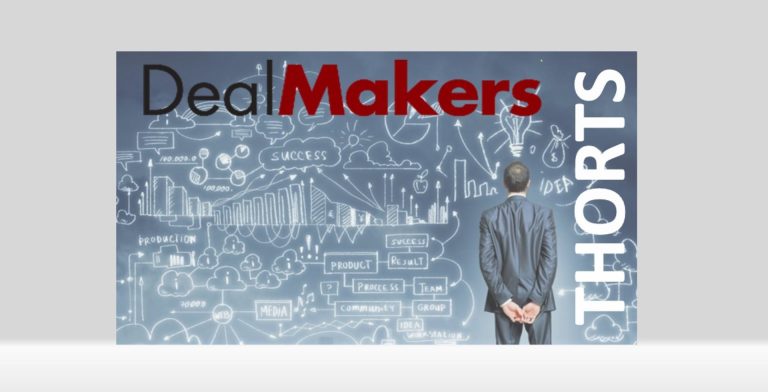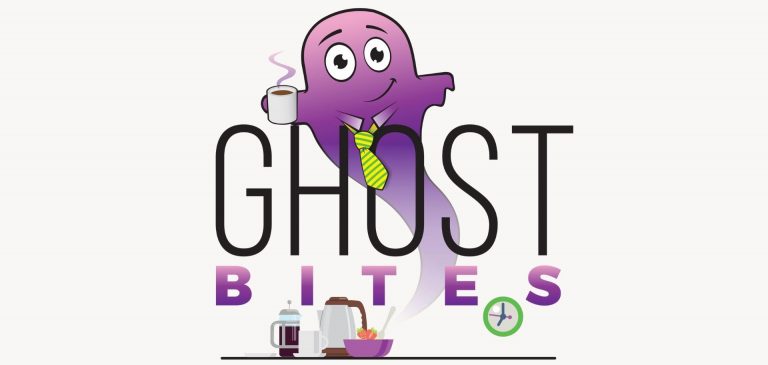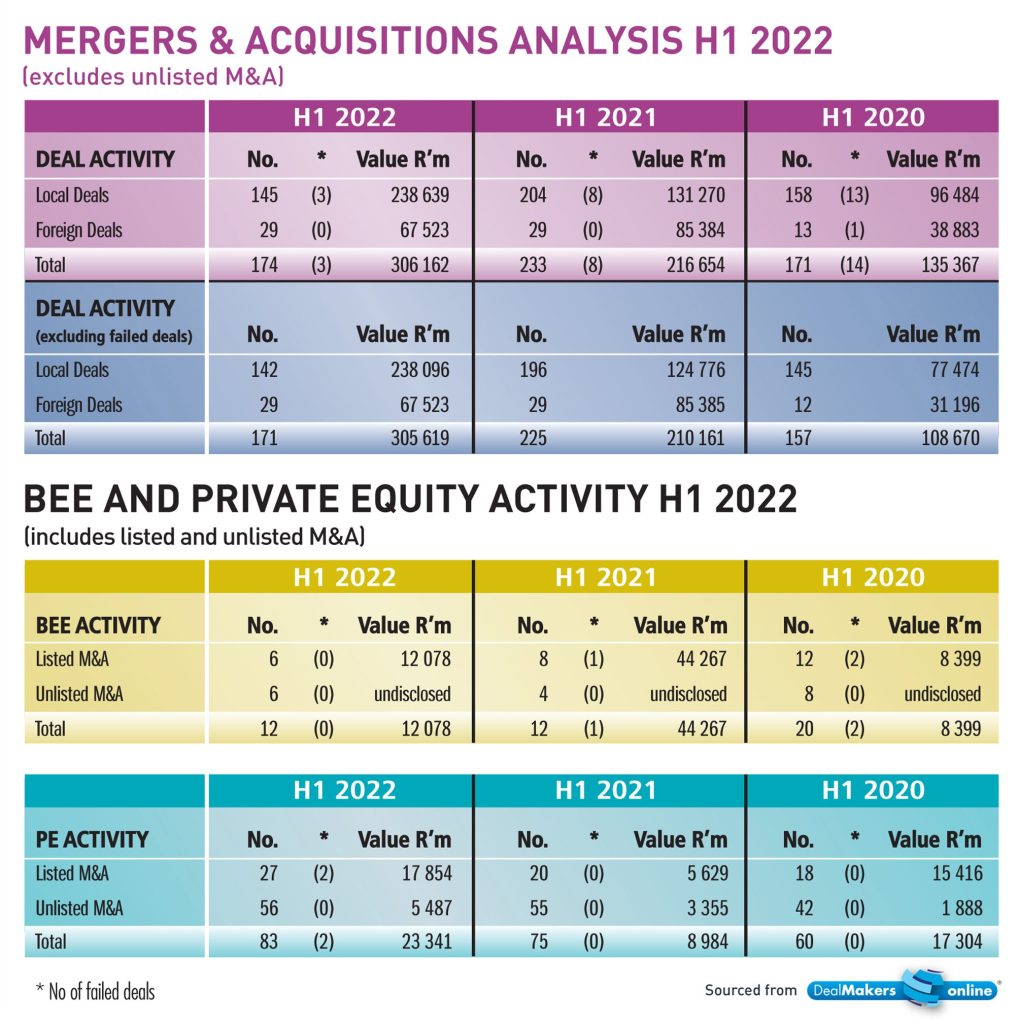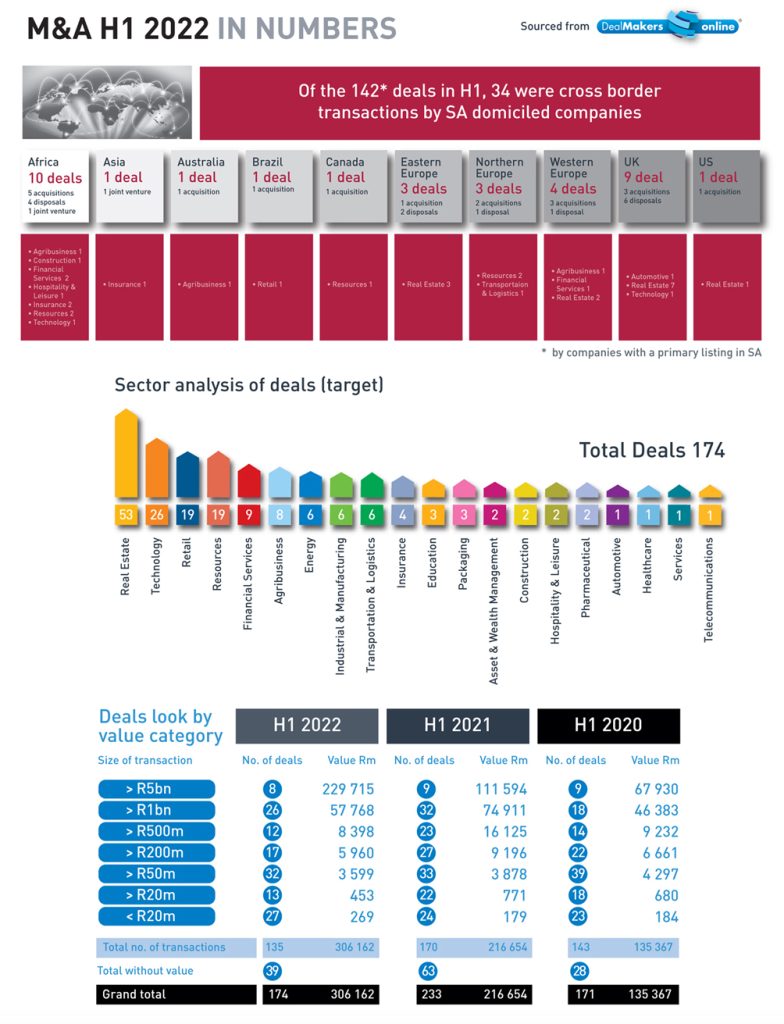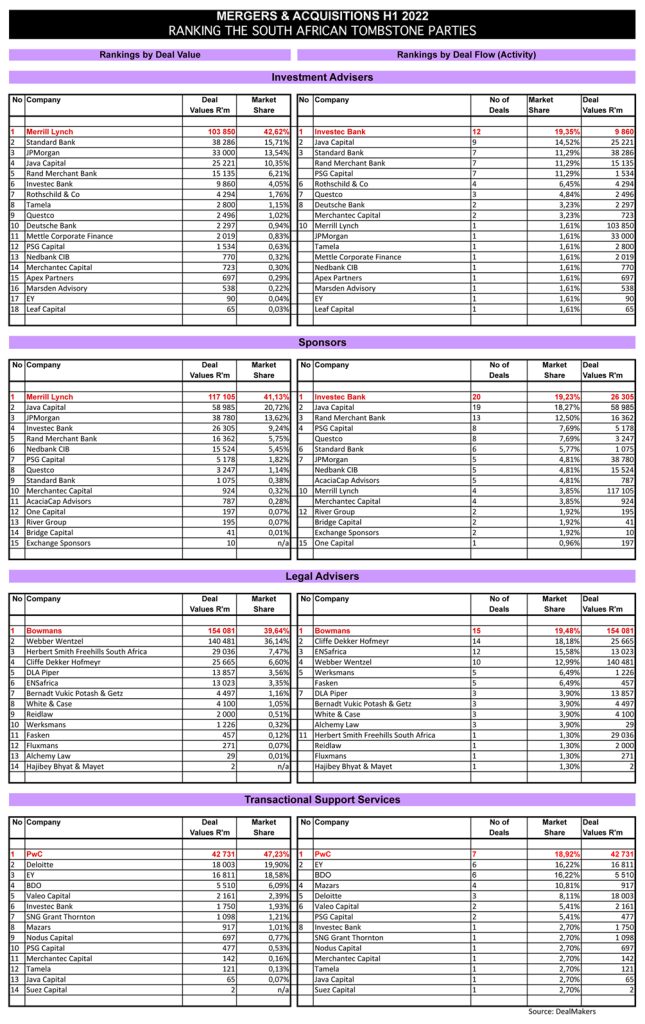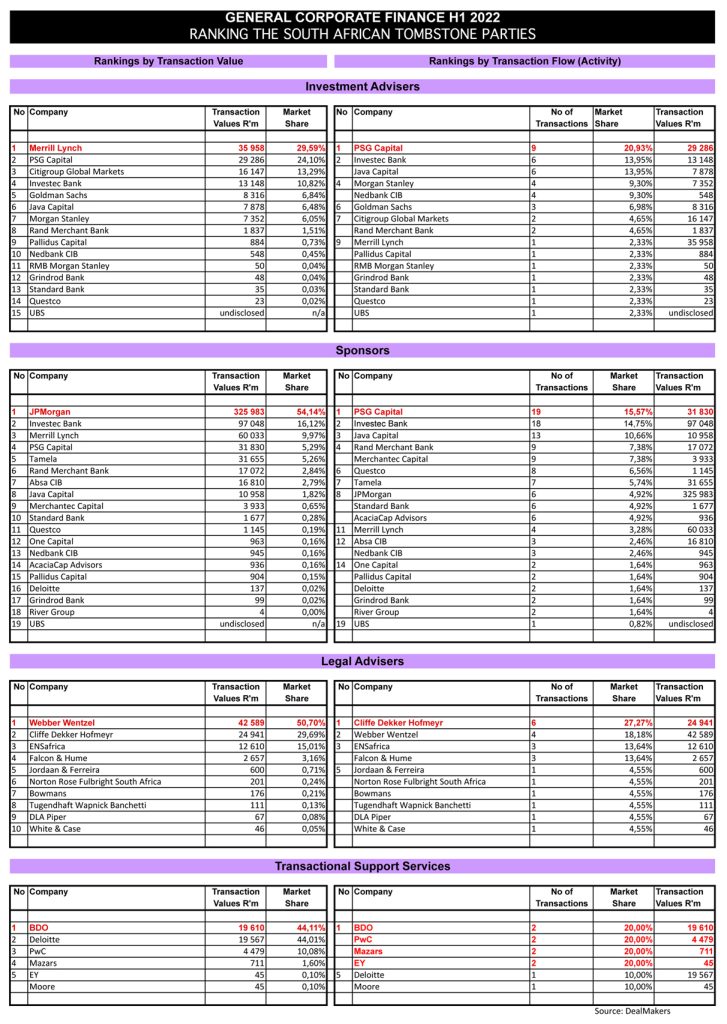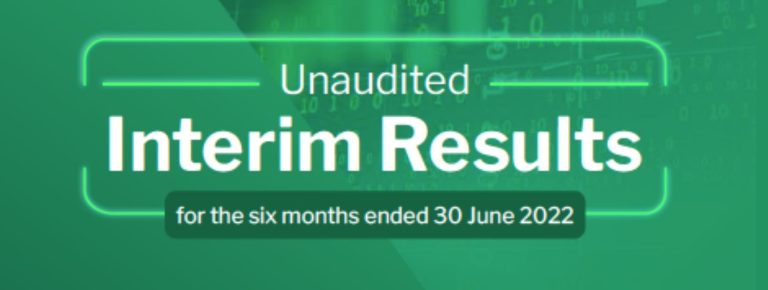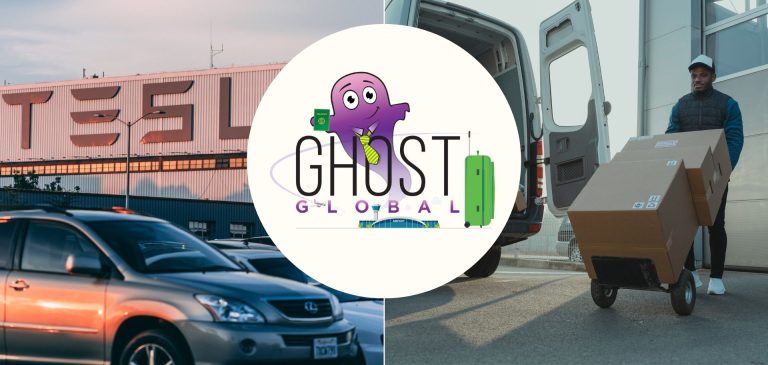COVID-19 and the various levels of lockdown had an unprecedented impact on dealmaking, both in South Africa and beyond its borders. When the national lockdown commenced in South Africa on 26 March 2020, many transactions were in the midst of being finally negotiated or signed. Some were successfully closed; others subsequently collapsed. What set apart those transactions that made it across the finish line from those that failed?
We examine some of the lessons learnt from dealmaking during COVID-19.
As a starting point, COVID-19 had a significant practical impact on business operations which, in turn, impacted profitability, long-term sustainability and, ultimately, dealmaking. Some of the most significant challenges faced by businesses were the following:
• Lockdowns: Many countries requested or enforced social isolation, curfews or lockdowns to a varying degree to mitigate and suppress the spread of the virus. It had a disastrous impact on many sectors of the economy.
• Compliance: The cost and practical challenges associated with ensuring compliance with COVID-19 protocols and regulations to protect employees and customers were crippling for many businesses.
• Valuation: COVID-19 caused a reduction in the share value of many companies.
These unforeseen circumstances had an immediate impact on dealmakers, who now needed to navigate dealmaking during a global pandemic – ranging from binding offers being terminated and purchase prices being renegotiated, to supervening impossibility arguments being invoked, force majeure events being declared, and profitability warranties and indemnities being reconsidered.
Many lessons can be learnt from successful deals during this period:
• Pre-contract/offer stage: Give careful consideration to what is agreed to in the initial stages of the transaction (for example, whether an offer is binding or non-binding, or whether only parts of it are binding).
• Amendments to transaction agreements: COVID-19 had a significant (often negative) impact on transactions which were already in the implementation phase; in particular, as regards interim period undertakings, material adverse change provisions, and representations and warranties which could no longer be honoured. Many deals, although signed, were ultimately successful as they were renegotiated, following an approach which was fair and balanced to both parties, rather than cancelled in their entirety.
• Force majeure: COVID-19 and the national lockdown highlighted the importance of force majeure clauses in agreements. The advantage of a force majeure clause is certainty in relation to rules regarding notices, timelines and events constituting a force majeure, rather than relying on the general provisions in the common law.
• Disclosure against representations and warranties: Many agreements included the ability for sellers to make disclosures against representations and warranties right up to closing, which provided sellers with a degree of greater control in otherwise largely economically uncertain times. Some agreements went even further to include a “COVID-19” action list, allowing sellers to record actions that would be taken to mitigate against the operational and business risks of the pandemic.
• “Ordinary course of business” warranties / undertakings: A seller of shares or a business would typically undertake to the purchaser that in the interim period between signature and closing, the business of the company would be run in the normal or ordinary course. During the pandemic, exceptional, yet reasonable (in the circumstances), measures were forced to be taken by many sellers. The question is whether such measures, brought about by circumstances beyond the seller’s control, trigger a breach of contract – does one assess “ordinary course” in a purely objective light, or do subjective factors have a role to play? The answer was not always clear and should rather be dealt with carefully in the drafting. Going forward, ordinary-course-of-business provisions will, no doubt, receive greater scrutiny.
• W&I insurance: The economic uncertainty faced by many sellers, who were required to provide extensive representations and warranties, fuelled a significant rise in the popularity of warranty and indemnity (WI) insurance.
• Electronic signatures: COVID-19 and the lockdown spurred creativity when buyers and sellers were forced to sign agreements, against the challenges of meeting in person. We have since witnessed a rise in the use of advanced electronic signatures, facilitated by applications such as “DocuSign”. Although a welcome development, it is important that we also recognise the limitations of electronically generated agreements; specifically, the signature thereof, and the limitations imposed by legislation such as the Electronic Communications and Transactions Act and the Alienation of Land Act.
• Closing mechanics: The advantages of “remote” working and virtual meeting applications came to the aid of many deal teams during COVID-19 and lockdown. Many deal teams opted for virtual closing meetings, which allowed them to continue, notwithstanding the difficulties associated with meeting physically.
• Partial impossibility: COVID-19 and lockdown reminded us that there may be transactions in which certain obligations can still be performed. If these obligations are divisible from the rest of the agreement, then those will remain whilst the rest of the agreement is discharged. For example, where a landlord leases out premises on which both essential and non-essential business services are carried out by a tenant in separate sections of the premises, during a lockdown, the landlord is able to still provide possession and occupation of the essential section and (at the risk of oversimplification of the myriad contract law issues here) the tenant can and should still pay its pro rata rental in respect thereof. Absent express clauses, however, it is not always obvious whether the agreement is indeed divisible.
• The importance of an experienced client deal team: Having a strong, experienced client deal team, in addition to the legal team, will assist in navigating unforeseen legal and practical deal-making challenges.
Always be prepared for any eventuality; creativity and adaptability in times of economic uncertainty may ultimately be the key to success.
Justine Krige is a Director in Corporate & Commercial | Cliffe Dekker Hofmeyr
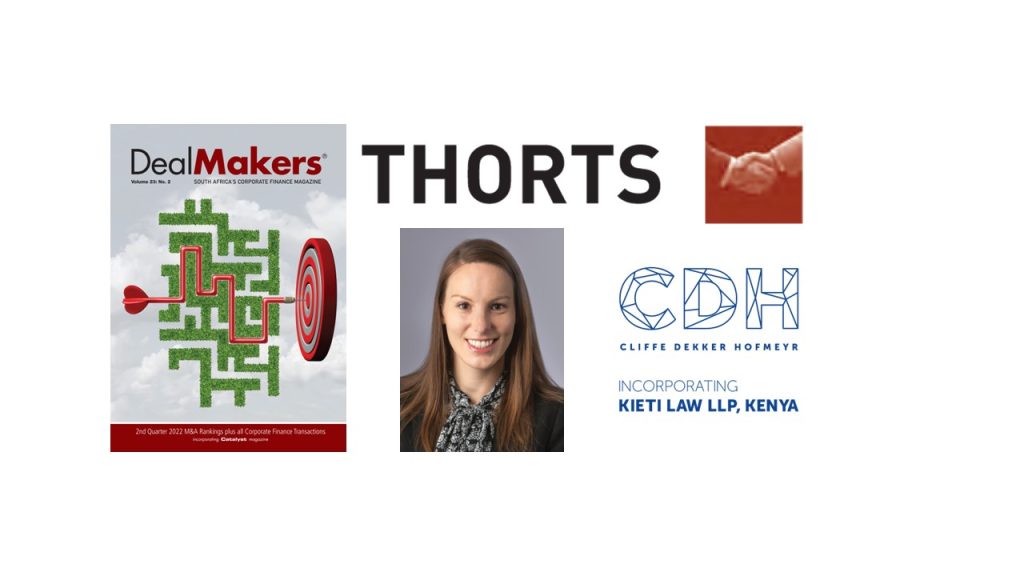
This article first appeared in DealMakers, SA’s quarterly M&A publication
DealMakers is SA’s M&A publication
www.dealmakerssouthafrica.com

